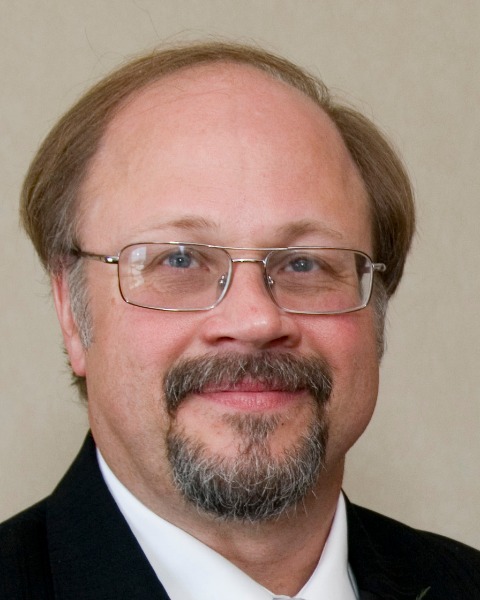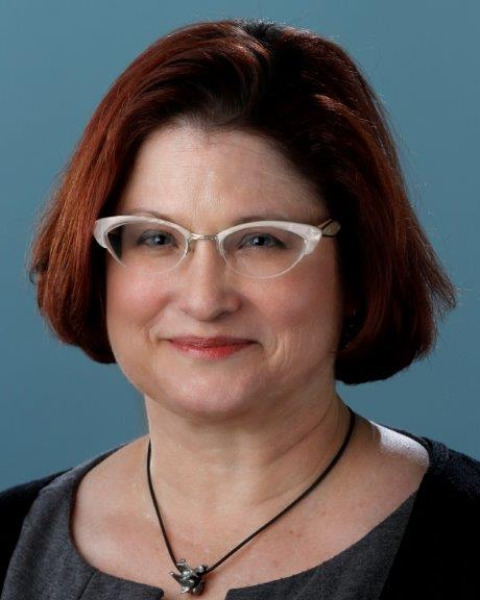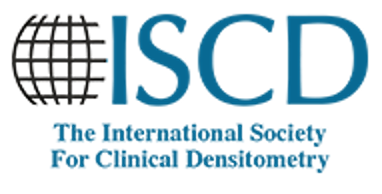
ISCD Learning
Basic + Advanced Hologic
-
Register
- Non-Member - $25
- Full Member - Free!
- MOC Only - $25
- Community Member - $25
- Professional Member - $25
Activity approved for 3.25 ASRT Category A Credits
Activity Expires September 1, 2025
Activity Description
This session will discuss the basics of positioning, technique, and analysis as well as identify challenges such as anomalies and artifacts of the spine, transitional vertebrae, and surgical hardware.
Learning Objectives:
- Demonstrate proper positioning.
- Use proper technique.
- Perform scan analysis
- Measure accurate bone mineral density.
- Calculate fracture risk assessment.
- Perform body composition analysis.
Instructions:
Clinicians and Technologists are required to answer a set of online test questions following the review of the video and will have up to three attempts to answer questions correctly before losing credit for the activity. Once the activity test has been passed (75% or higher), you will be asked to evaluate the activity online and then be allowed to claim credit and print certificates.
Registration Fees
Cancellation Policy
On-Demand/ Enduring Material Cancellation
Purchases of on-demand or enduring educational materials are non-refundable.
On-Demand/Enduring Material Program Changes or Cancellations
ISCD reserves the right to cancel the program, change dates, and/or the location/method of offering. All program fees will be refunded if a program is canceled unless the registered participant elects to transfer to another program.
ASRT Credit Designation
This activity has been approved by ASRT for 3.25 Category A continuing education credits.
Date of Original Release and most recent Review or Update
This activity was most recently reviewed and released on August 15, 2024.

Lawrence Jankowski, CBDT
Chief DXA Technologist/Research Coordinator
Illinois Bone and Joint Institute, LLC
Lawrence Jankowski is the chief DXA technologist and a research coordinator for Illinois Bone and Joint Institute, a multi-disciplinary 100+ physician practice with over 20 locations within Chicago and surrounding suburbs, specializing in orthopedic and rheumatologic health and sports performance and fitness. He started clinical imaging as a nuclear medicine technologist in 1978, performing both single- and dual- photon absorptiometry in beginning in 1987, and switched to DXA in 1990. He is also registered in radiology (limited), and is certified by the International Society for Clinical Densitometry (ISCD) first as a CDT in 1996, and then CBDT in 2001.
In addition to his clinical and research duties, he is a technical instructor for the ISCD bone density courses, serves on the editorial board for the Journal of Clinical Densitometry, chairman of the Facility Accreditation Program, He has presented numerous posters on bone densitometry at scientific meetings, including the ASBMR, AAOS, NOF, as well as ISCD. Most recently, he served as task force chair for the 2019 Position Development Conference on cross-calibration and LSC determination in multiple scanner environments.

Kyla Kent, BA, CBDT
Technical Director
SAMBA Lab, Stanford University School of Medicine
Kyla Kent, BA, CBDT, Technical Director of the SAMBA (Stanford Assessments of Muscle and Bone across the Ages) Lab, has been with Stanford University School of Medicine and the Palo Alto Veterans Affairs Health Care system since 1991 in the Stanford Prevention Research Center, the Musculo-Skeletal Research Lab and most recently the SAMBA Lab. Responsibilities include development and technical assessment of research protocols, clinical facility management, supervisor for clinical staff, performance of DXA, HRpQCT, Biodex and other measures related to research conducted in the areas of bone metabolism, structural assessment, body composition, exercise, sleep and healthy aging. Ms. Kent is a consultant in study design and instructor in bone density related imaging modalities for the Stanford Children’s Hospital, Palo Alto VA Hospital and Stanford Hospital/Stanford School of Medicine and internationally for bone mass measurement technique and analysis in growing skeletons. Currently acting in the position of Technical Director for the SAMBA Lab and as consultant developing a program for Quality DXA across all of Stanford’s clinical networks. Ms. Kent is an active member of the International Society for Clinical Densitometry (ISCD). She also has acted as the Director, clinical instructor and lecturer for a State certified training program for DXA.

Statement of Independence
The ISCD maintains a policy on the use of commercial support, which ensures that all educational activities sponsored by the ISCD provide in-depth presentations that are fair, balanced, independent, and scientifically rigorous. ISCD requires faculty, planners, managers, and other individuals and their spouse/life partner who are in a position to control the content of this activity to disclose any real or apparent conflict of interest they may have as related to the content of this activity. All identified conflicts of interest are thoroughly vetted by ISCD for fair balance, scientific objectivity of studies mentioned in the materials or used as the basis for content, and appropriateness of patient care recommendations. Individual disclosures are included in the course material. No Commercial Support has been provided for this activity
Disclaimer
The information and suggestions presented at the courses, seminars and other programs sponsored by ISCD and other collaborating societies are subject to change and therefore should serve only as a foundation for further investigation and study. Any forms presented at our seminars or programs are samples only and are not necessarily authoritative. All information, procedures, and forms contained or used in such seminars or programs should serve only as a guide for use in specific situations.
Disclosure of Unlabeled Use
This educational activity may contain a discussion of published and/or investigational uses of agents that are not indicated by the FDA. ISCD does not recommend the use of any agent outside of the labeled indications. The opinions expressed in this educational activity are those of the faculty and do not necessarily represent the views of any organization associated with this activity. Please refer to the official prescribing information for each product for discussion of approved indications, contraindications, and warnings.
Privacy & Confidentiality Statement
The ISCD will record the learner’s personal information as provided on evaluations to allow for the issuance and tracking of CME/CE certificates. The ISCD may also track aggregate responses to questions in activities and evaluations and use these data to inform the ongoing evaluation and improvement of its educational program. No individual performance data or any other personal information collected for evaluations will be shared with third parties
Attendee Cancellation Policy
All changes in registration must be made in writing to education@iscd.org. Purchase of on-demand or enduring educational materials are non-refundable.
Course Changes or Cancellations
ISCD reserves the right to cancel the program and change the dates of the offering. All program fees will be refunded if a program is canceled unless the registered participant elects to transfer to another program.
